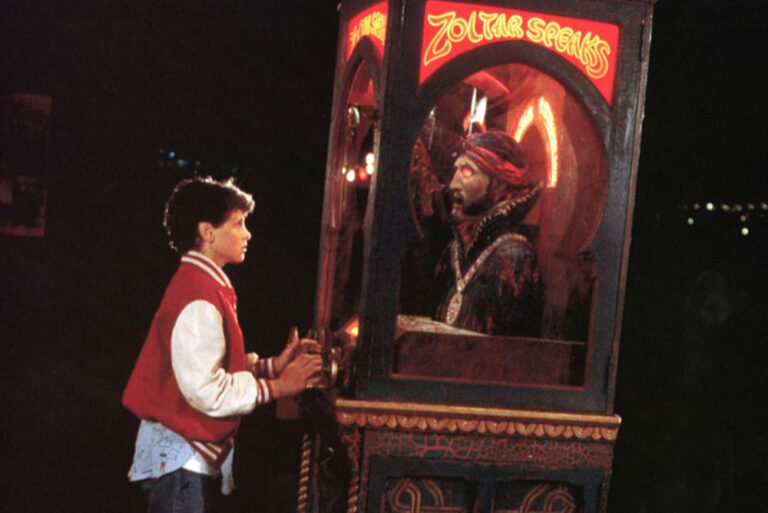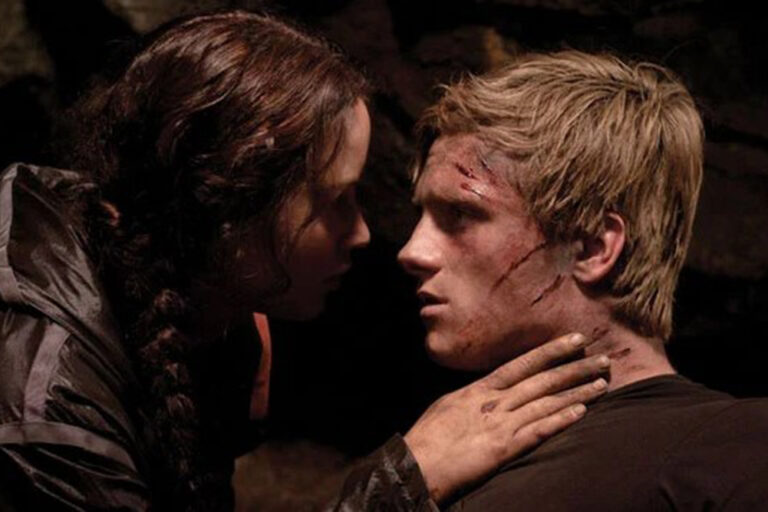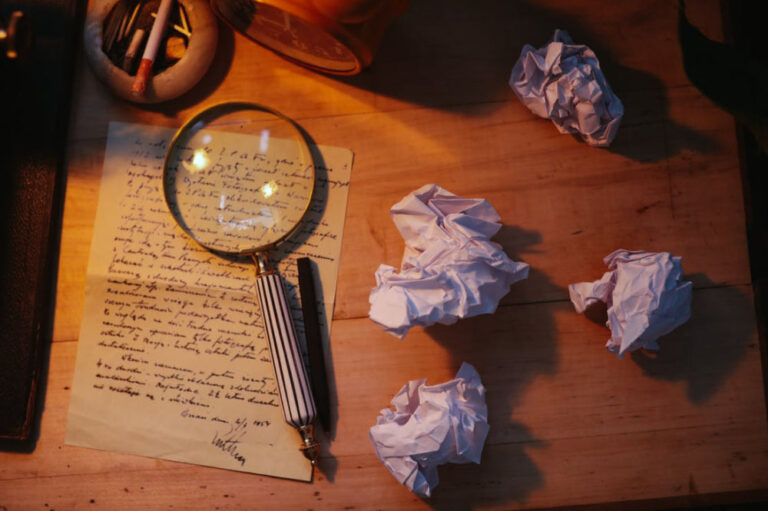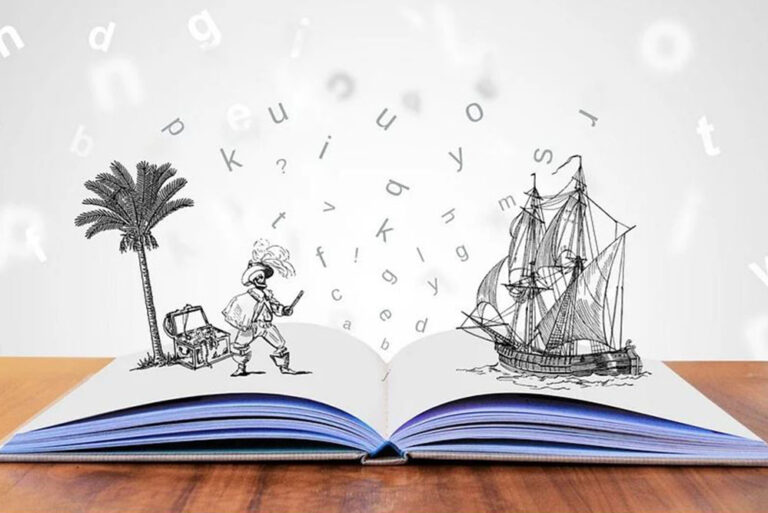
The Imperative for Dramatic Conflict
A director told me once that if you put two actors together in a scene without directing them or staging the scene,
Most of our everyday speech happens in dialogue — in conversations. You might talk to yourself from time to time,...
What is a story without a plot? Not much! A plot is the sequence of events that helps give a...
Understanding when and how to use active vs passive voice isn’t just a matter of grammar; it’s a matter of...
The words “book” and “novel” are sometimes used interchangeably. But they actually mean different things. In this article, I’ll describe...
The diction you use in your writing is a choice you’re always making, whether subconsciously or not. Writers trade in...
Creating tone in your writing provides a texture to the work. It’s the emotional coloring that shapes how a reader...
Rising action refers to the series of events that lead from a story’s inciting incident to the climax. In this...
With storytelling, if your reader isn’t engaged within the first few chapters, you run the risk of losing their attention....
What happens after a story’s climactic moment? What comes after the protagonist wins the girl, or defeats the bully, or...
At the heart of every story lies a dilemma. It is not a question of whether or not your protagonist...
Story is always a journey of self-discovery “The unexamined life is not worth living.” – Socrates Embarking on a creative...
Theme is a way of making a series of events which are personal to the protagonist universally relatable to a...

A director told me once that if you put two actors together in a scene without directing them or staging the scene,

“Home is where one starts from.” – T. S. Eliot There’s nothing more primal than our quest for home. The dilemma is

(Image from “Big” 1988) Story is an argument. The theme (or dramatic question) is the thesis statement, and the story is the

Everyone has a story. It takes courage to tell it, be it memoir or fiction, because there comes a point where we

(Image from The Hunger Games, 2012) “The moment we want to believe something, we suddenly see all the arguments for it, and

Any writer can experience that moment where you suddenly realize that your “idea” of the story isn’t going to get you to

“To every action there is always opposed an equal reaction.” – Isaac Newton While exploring the nature of the “want” in your

At the heart of every story lies a dilemma from which all tensions and conflicts arise. How do you identify the dilemma

In Steven Covey’s book, The 7 Habits of Highly Effective People, he states: “Begin with the end in mind.” For first-time writers,

It can be frightening and exhilarating to realize that our story is bigger than we are, that in fact, it does not

There is a structure to the universe. From the smallest atom to the forces that move the planets, there is a universal

Story structure is often taught by story analysts as plot, but it is really the DNA of our protagonist’s internal journey to